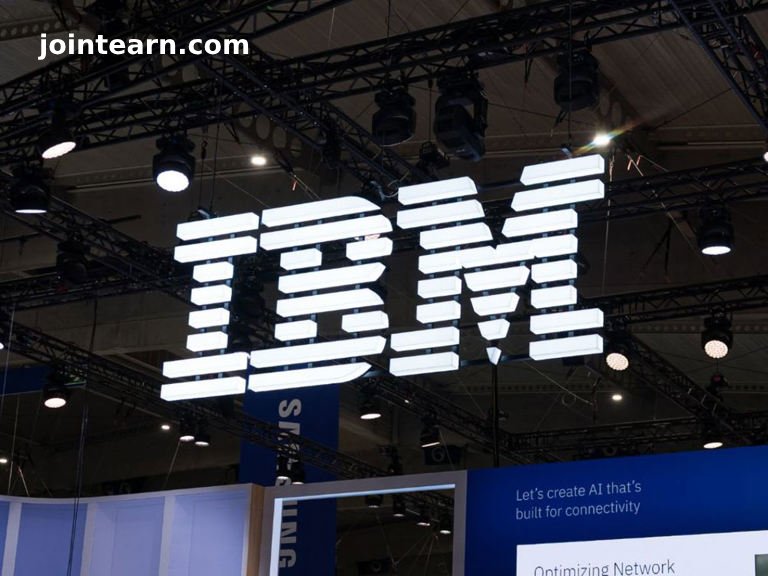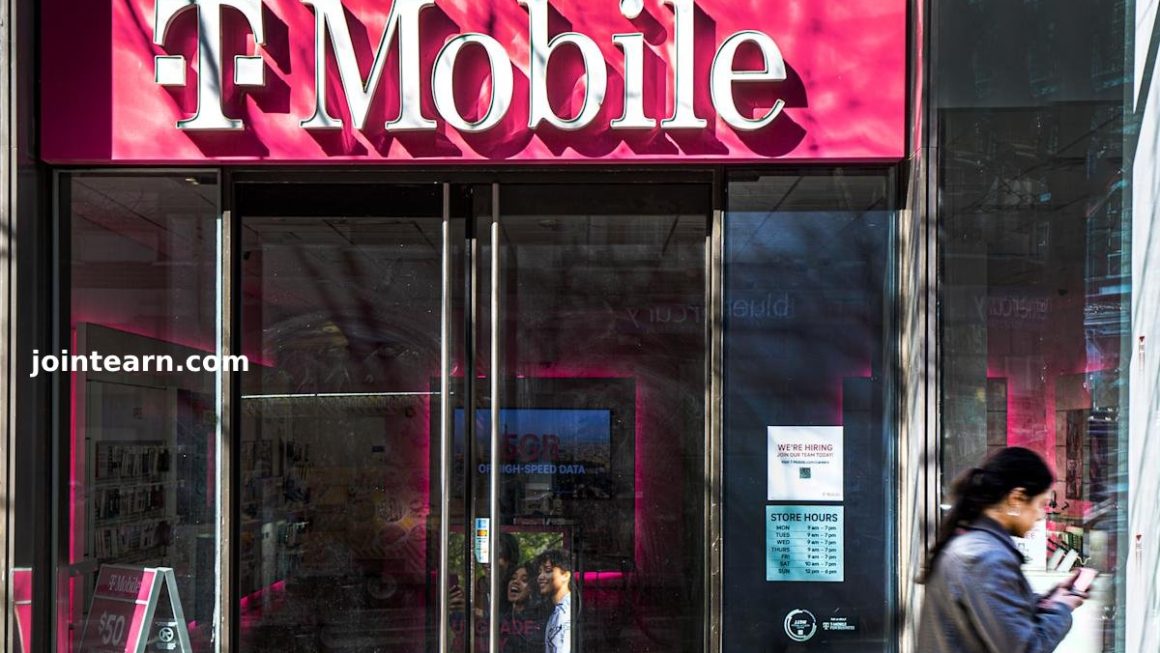IBM’s stock fell 6.6% on Thursday after the company’s Q1 earnings revealed a significant disruption caused by the Department of Government Efficiency (DOGE), a controversial cost-cutting agency established under the Trump administration. DOGE has canceled certain US government contracts with IBM, leading to a downturn in the stock despite a generally positive earnings report.
Cancellations by DOGE
IBM’s CFO, James Kavanaugh, mentioned in a call with analysts that the DOGE cancellations impacted less than $100 million of the company’s backlog, which is spread out over several years. This setback stemmed from the agency’s broader efforts to cut costs and reduce government spending by axing billions in funding and firing federal workers. Despite this, IBM stressed that these government contracts represented less than 5% of its annual revenue, and even less of its consulting business.
While IBM’s CEO, Arvind Krishna, acknowledged the uncertainty created by DOGE’s actions, he reassured analysts that the company entered the situation with “relative strength and resiliency.” Krishna also mentioned that while the new tariffs from President Trump had some impact, it was minimal on IBM’s operations, as their direct exposure outside the United States is limited.
Strong Earnings Despite Setbacks
Despite the government contract losses, IBM’s Q1 earnings showed positive results. The company reported adjusted earnings per share (EPS) of $1.60, surpassing the $1.42 expected by analysts. Revenue for the quarter came in at $14.5 billion, slightly ahead of the $14.4 billion forecast.
IBM’s software business, which includes its AI offerings, saw some underperformance in comparison to Wall Street’s expectations. This was the first time in several quarters that the company did not meet analysts’ forecasts in this key segment.
Positive Outlook for Q2
Despite these challenges, IBM issued a positive forecast for the next quarter. The company expects Q2 revenue between $16.4 billion and $16.75 billion, well above the $16.28 billion anticipated by analysts.
Analysts’ Mixed Views
Analysts remain cautious but generally positive about IBM’s future prospects. Morgan Stanley and Evercore ISI analysts noted that IBM’s performance during a volatile macroeconomic period was solid, maintaining an Outperform rating for the stock. However, Jefferies analyst Brent Thill expressed concern about the company’s infrastructure performance and the monetization of its AI initiatives, maintaining a Hold rating.
Wedbush analyst Dan Ives noted that despite some pressure, IBM is well-positioned to navigate the current environment, especially given the rise of hybrid AI solutions for enterprises seeking productivity gains. He also highlighted the $6 billion value of IBM’s AI business.
Conclusion
While IBM’s earnings exceeded expectations, the DOGE-related cancellations of government contracts weighed heavily on its stock performance. The company’s ability to navigate macroeconomic uncertainties and capitalize on emerging opportunities in AI and hybrid solutions will be key as it moves forward in an increasingly volatile market.












